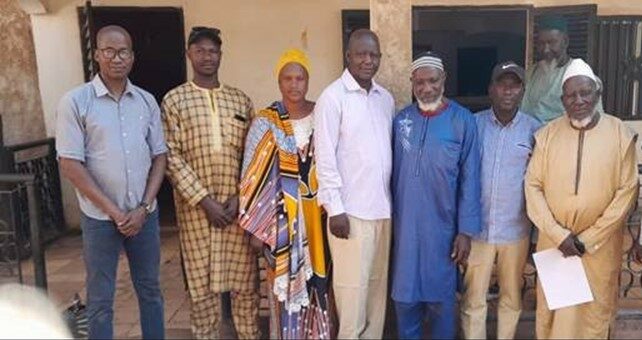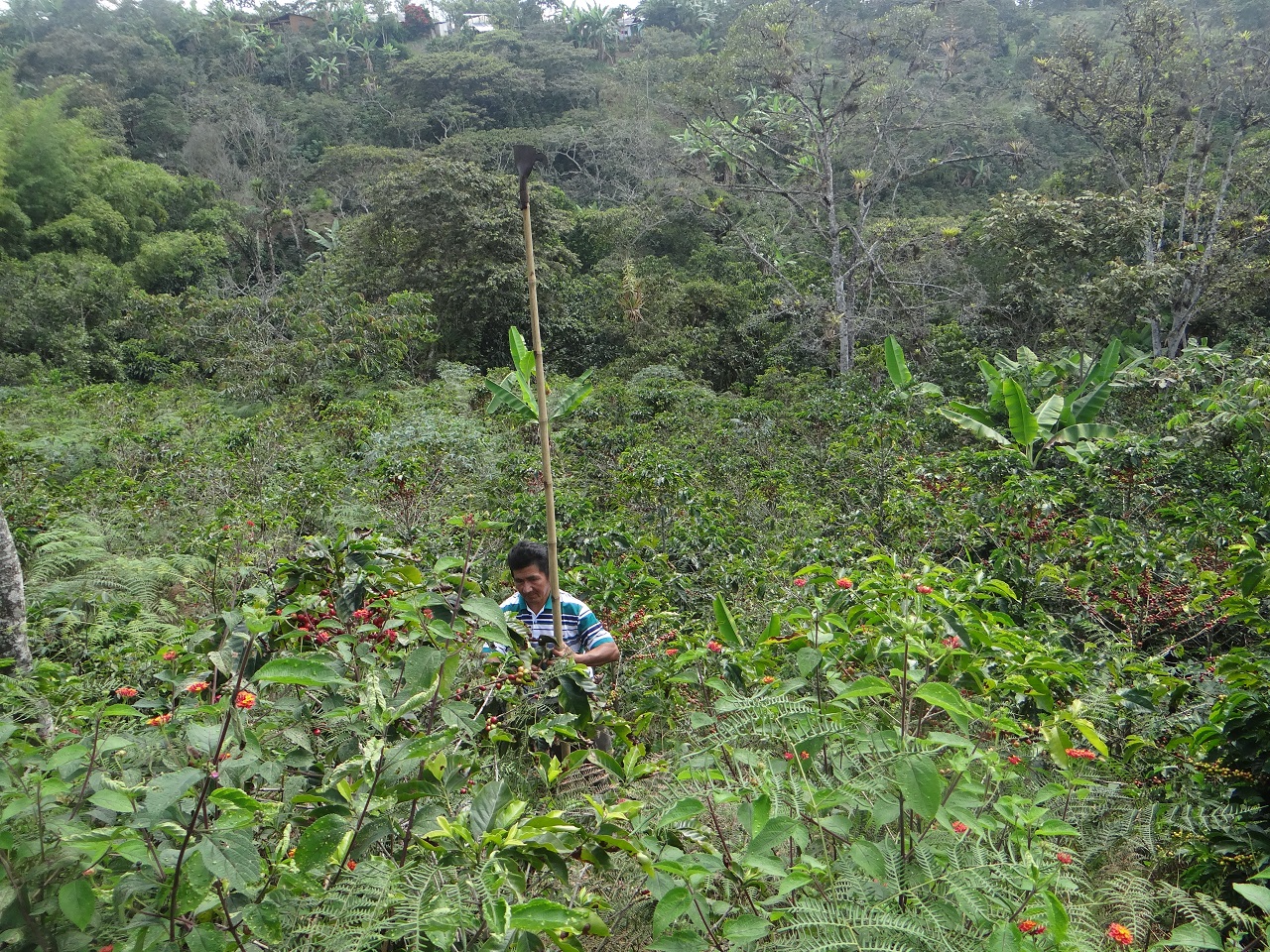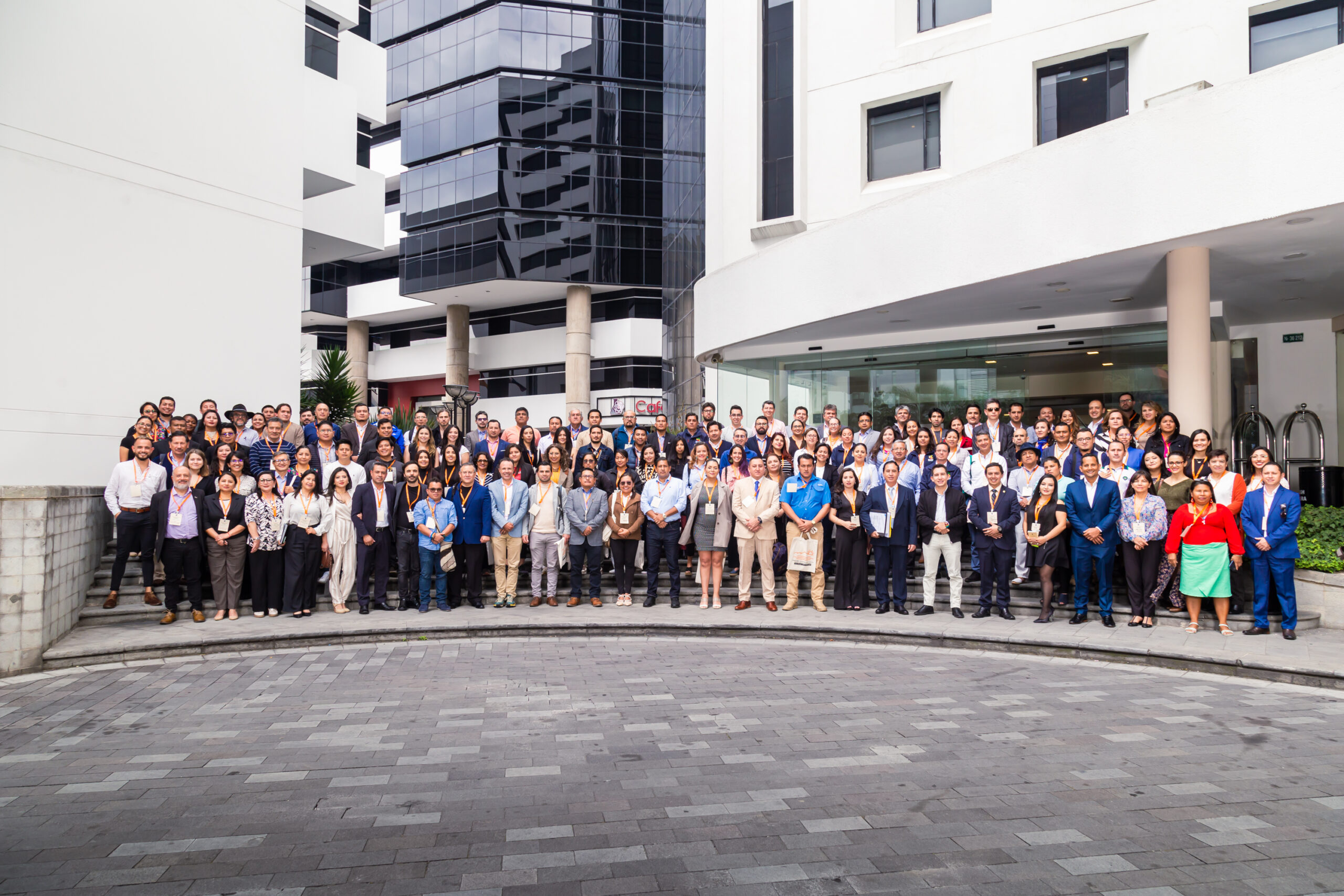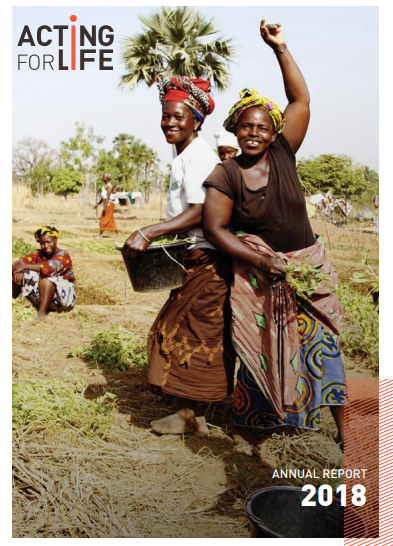For over 50 years, Acting for Life (AFL) has built up a solid network of partners. The NGO works closely with local civil society organisations (CSOs) in Africa and Latin America. AFL’s operations are based on the partnership approach at the very heart of its strategy. Its teams coordinate and monitor projects remotely and on a regular basis.
Soumaïla Fomba, Programmes Manager for Acting for Life, has just returned from a monitoring mission in Guinea. Acting for Life is working there as part of REPOT – Résilience des populations rurales sur le territoire transfrontalier (resilience of rural populations in cross-border areas). This project is funded by the Centre de crise et de soutien du ministère de l’Europe et des affaires étrangères (Crisis and Support Centre of the french Ministry of Europe and Foreign Affairs).
Read on to find out how the project is developing and how it is being implemented in the field.


Launched in 2022, the REPOT project is coming to an end. What was the purpose of this monitoring mission in Guinea?
The aim of this mission was to monitor the activities of the REPOT project and to exchange views with the beneficiaries of the actions implemented. We supported our partner, the Fédération Régionale des Eleveurs de la Filière bétail et Viande de Kankan (FREFBV-K). This monitoring mission to Guinea was also an opportunity to meet our institutional partners: the Agence française de développement (AFD), the European Union and the French Embassy in Conakry.
What results have you seen from the activities implemented in Guinea?
The main activities planned in Guinea as part of the REPOT project were carried out for the most part. We organised two awareness-raising meetings on official texts and livestock mobility tools, and a cross-border consultation meeting. We were also involved in the monitoring of two market infrastructures and the laying of 51km of track. The construction of a water point (cemented well) and a borehole with a PMH (human-powered pump) have also been added to this list. We also distributed 50 small ruminant* core kits. In addition, 8,165 head of cattle and small ruminants were vaccinated. Finally, we supported two village savings and loan associations, two IGAs (income-generating activities) and two dialogue forums.
*A core of small ruminants = three small ruminants (one male and two females).



Based on your experience, what are the key points of a monitoring mission?
Field monitoring missions are mainly used to refocus and redirect the implementation of project activities and to strengthen the partner in technical, administrative and financial terms. More specifically, the progress of project activities is better understood. Indeed, the exact status of the work carried out on the ground is known. This also enables discussions with the beneficiaries to identify the challenges/issues, the immediate effects of the intervention and its limitations.
A word about FREFBV-K, our implementing partner in Guinea
The Fédération Régionale des Eleveurs de la Filière bétail et Viande de Kankan (FREFBV-K) entered into a partnership with AFL in 2019 as part of the PAMOBARMA project. It operates in the Kankan region on agropastoral issues. FREFB-K has a well-established social base in the region’s prefectures and sub-prefectures. The experience it has acquired through the implementation of various projects with AFL has enabled it to build up a mastery of the major issues at stake in agro-pastoralism in Upper Guinea and other border regions.




